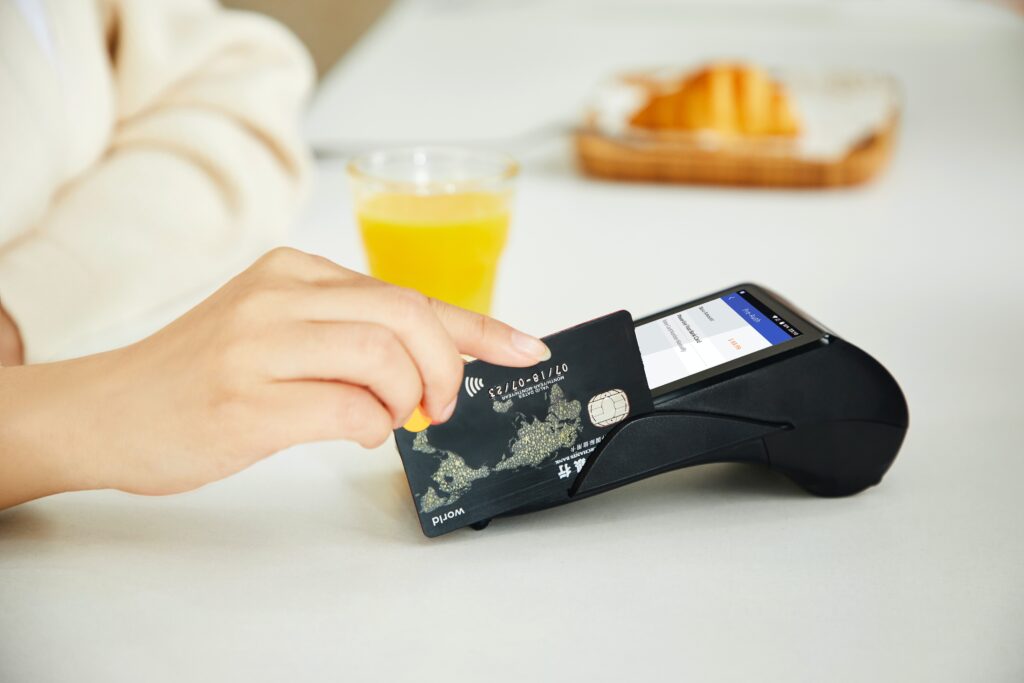Debt Elimination: Get ready for your Debt-Free Future!
With rising interest rates and high inflation, it seems like almost everyone is talking about debt. It has also become a normal part of life to have a mortgage, car loan, student loan and maybe a credit card or two that aren’t paid off. However, living with debt can be a heavy burden, impacting your financial stability and overall well-being. It is possible to eliminate your debt and pave the way towards a brighter financial future. Let’s dig in so you can regain control of your finances, reduce stress, and create a solid foundation for long-term financial success.
- Why do you want to pay off your debt?
The first step and key to sticking to any goal or plan in our lives is to understand our reason for doing it…our why. In this case this may seem obvious. Get rid of debt so you don’t have the stress of having an amount owing to someone any longer. BUT for many people this isn’t a strong enough motivation to put in the hard work to pay off the debt. Think about it this way. If you have $1,000 of debt on a credit card and you paid the minimum payment required of $25.83 a month it would take you 115 months or 9 ½ years to pay off your credit card. For many of us it is SO much easier to just keep paying $25.83 a month rather than working harder to come up with $100 a month and pay off the card in just 11 months. If this sounds like you, let me share that paying the minimum balance for 9 ½ years is going to cost you an extra $900 in interest over those 9 ½ years. Another way to think of this is that thing you bought on your credit card just cost you $1,900 rather than $1,000. Are you ready to come up with the extra money now?

2. What is the size of your debt?
The next step in your journey is to take a look at your finances. Gather all your loan statements and make a complete list of your debts, including credit cards, student loans, and other outstanding balances. Take note of the interest rates, minimum payments, and due dates for each debt. This list will provide you with a clear picture of your debt details, which will help you to come up with a strategy to eliminate your debt.
3. How much money do you have to pay down debt?
One of the key steps in eliminating debt is creating a budget that will support your financial goals. Track your income and expenses diligently, and identify areas where you can cut back. Be honest with yourself when it comes to your spending. Are your purchases “needs” or “wants”? What can you give up? Depending on the size of your debt, small changes like packing your lunch, reducing entertainment expenses, or negotiating lower bills can make a significant difference.
4. When are you going to pay the debt:
Once you have a clear understanding of your debts and available funds, it’s time to prioritize your repayment strategy. There are two popular approaches to consider: the debt snowball method and the debt avalanche method. The debt snowball method involves paying off debts from smallest to largest, regardless of interest rates. This method provides psychological motivation as you experience quick wins, building momentum towards tackling larger debts. On the other hand, the debt avalanche method prioritizes debts based on interest rates, targeting high-interest debts first. This approach saves you more money in the long run, but it may take longer to see tangible results. Take a few minutes to see which method makes most sense to you. If you don’t believe it, you won’t stick with it.

5. Hold yourself accountable:
If your debt situation feels overwhelming or complex, consider seeking help. You may need professional help such as a credit counseling agency or you may just need someone who is going to hold you accountable to your goals. If you decide not to find a professional to help you, make sure you pick someone you trust to be able to tell you the hard things if necessary. Picking a friend or family member that might not be comfortable telling you that you shouldn’t go out for dinner or buy tickets to that concert isn’t going to help you achieve your goals. You also need to ensure that you are comfortable being honest with the person you choose. Changing financial habits can be emotional. Having a strong support system is important. No matter if you find a friend or a professional, it is a good idea to set up automatic bill payments on a weekly or bi-weekly basis to pay down your debt. This way you are able to set it, forget it and make progress with your financial goals.
Eliminating debt is an achievable goal with the right mindset and practical strategies. By assessing your debt, creating a budget, prioritizing repayment, and holding yourself accountable, you can regain control of your financial future. Remember, the journey to becoming debt-free takes time and effort, but it’s well worth it. Embrace the steps outlined in this guide, and soon you’ll be waving goodbye to debt, enjoying financial freedom, and building a brighter future for yourself.
Written by: Jennifer Hare, CPA
If this article has motivated you and you want more information on how to create a plan to reduce your debt, please feel free to reach out to Jennifer. https://linktr.ee/financecoachjennifer




